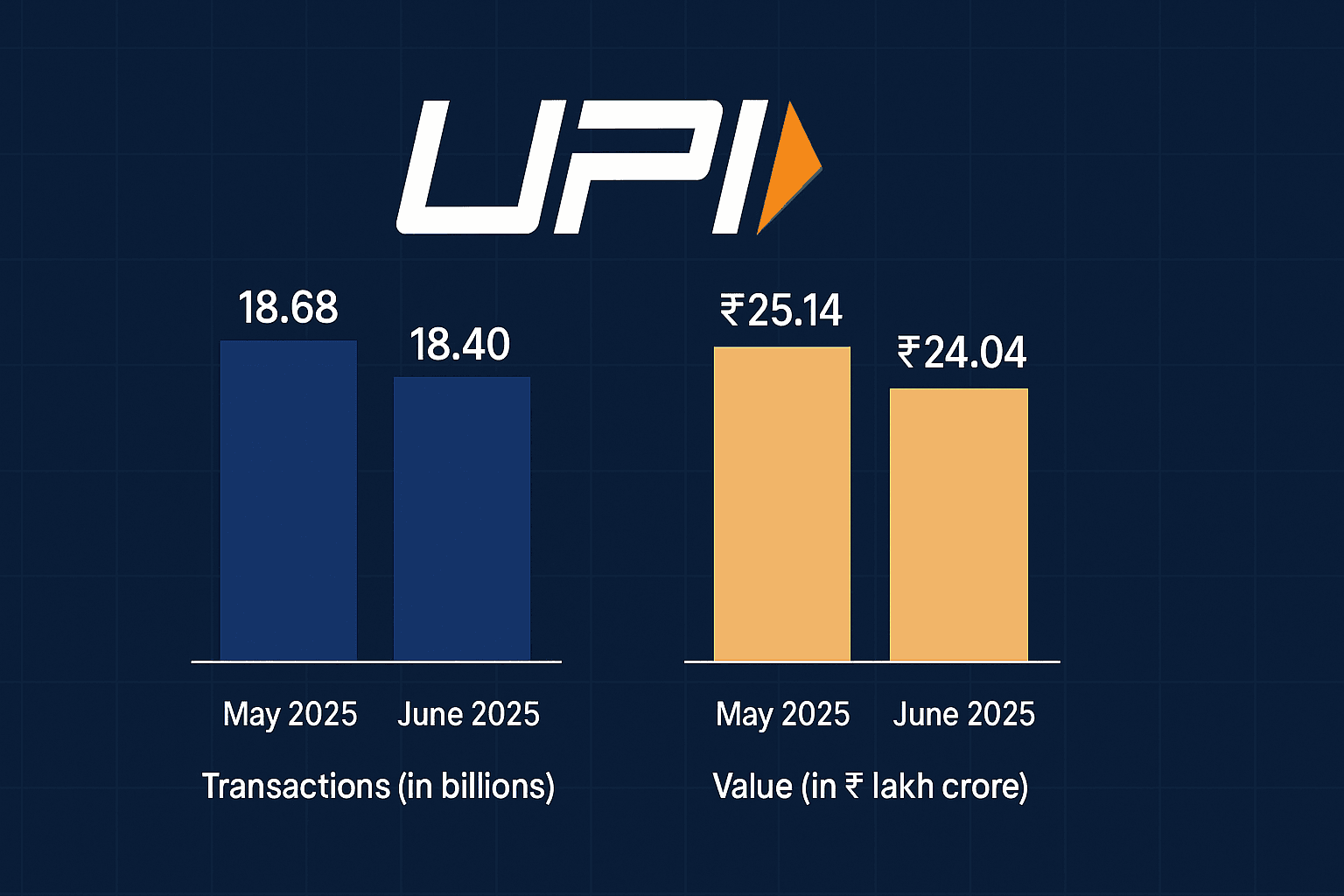UAE-Based Indian Expats Urged to Delay Remittances as Rupee Hits 1-Month High
Indian expatriates in the UAE may want to wait before sending money home. The Indian rupee has appreciated to its strongest level in the last 30 days, making the current exchange rate less favourable for remittances from dirhams to rupees.
On Thursday evening, the exchange rate stood at ₹23.11 per dirham, rising slightly to ₹23.20 on Friday morning — its highest level in a month. By contrast, the lowest rate in this period was ₹23.62 on June 23, making current conversions less lucrative.
Why Waiting Could Pay Off
Currency analysts believe the rupee is showing early signs of weakening, suggesting better rates could return shortly.
“There are indications of a reversal in the rupee’s trend,” said Neelesh Gopalan, Treasury Manager at a Dubai-based remittance company. “Yesterday’s ₹23.11 was clearly not ideal. If NRIs wait a few days, they might see rates back in the ₹23.3–₹23.4 range.”
This 20–30 paise difference per dirham can add up significantly in large money transfers.
Key Factors Behind the Movement
Several international developments are influencing the rupee’s trajectory:
- The US dollar market paused on July 4 due to Independence Day
- The US government passed a massive spending package, nicknamed the “Big Beautiful Bill”
- Anticipation of a potential US-India trade agreement
- India’s robust forex reserves ($698 billion as of June 20), giving the RBI ample room to stabilize the rupee
What’s Next for AED-INR?
Subramanian Sharma, Director at Greenback Advisory Services, forecasts:
- If the US dollar gains strength, the AED-INR rate could shift to ₹23.25–₹23.50
- The USD-INR could settle in the ₹85.4–₹86.2 range
- However, US-imposed tariffs may push the rupee further down, even to ₹86.80 against the dollar
Global Inflation Fears Loom
The recently passed US budget adds over $1 trillion in government spending, coupled with increased tariffs on over 500 import categories. This is raising alarms about potential global inflation.
“This budget could ignite inflation worldwide,” warned Nigel Green, CEO of deVere Group. “It boosts spending while restricting global trade flow. Other economies may suffer the consequences.”
Bottom Line for Expats
For Indian expats in the UAE, the advice is clear: if possible, hold off on sending money home. A weaker rupee could offer better exchange rates in the coming days, potentially maximizing the value of their remittances.
















